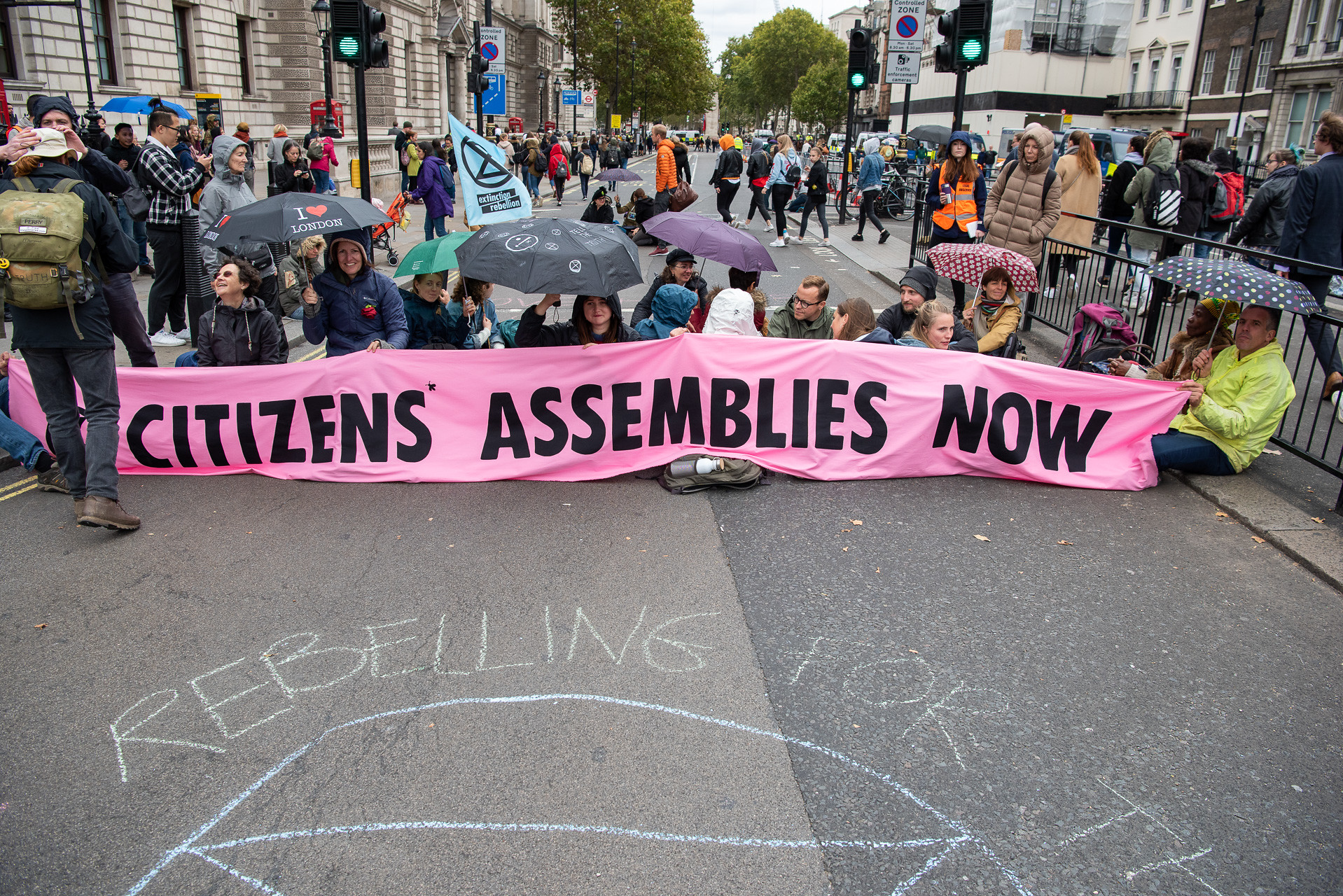In recent years, Council Tax debt has become a growing problem. In parallel, there has been a rise in the use of aggressive debt collection methods, often involving bailiffs. Data on Council Tax debt collection practices reveal a correlation between deprivation levels in an area and the incidence of such methods, finds Joseph Spooner. Cuts to local government budgets and the removal of sources of support to cope with this debt have exacerbated the problem, with the cost-of-living crisis adding further pressure.
During the current cost-of-living crisis, one would expect governments to be doing everything possible to assist households struggling through financial difficulty. So it may be surprising to realise that governments often cause financial hardship, through their pursuit of low-income households who have incurred debts to various branches of government.
This growing global phenomenon of governments behaving as aggressive creditors of the poor is explored in the recent book edited by Professor Saul Schwartz, Oppressed by Debt. My chapter in this collection highlights a significant example in the UK – English local authorities have been sending bailiffs to doorsteps one million times per year to press low-income households into paying Council Tax arrears.
Over a decade and a half of austerity and cuts to local government finance, Council Tax arrears developed into the most common problem debt among British households, and local authorities developed a reputation as “the most zealous and unsympathetic of creditors”. Using original analysis of public databases on Council Tax debt collection practices, local government finance and local deprivation levels, my research finds that there is a statistically significant relationship between the number of Council Tax bailiff cases in a local authority area and the area’s ranking in a national index of deprivation. The burden of the Council Tax debt crisis seems to fall heaviest on households living in the country’s poorest areas.
The Council Tax debt problem
Council Tax arrears, the subject of an ongoing inquiry by Parliament’s Levelling Up Committee, have become a £5 billion problem, and had represented the top debt problem among debt charity clients until the recent energy debt explosion. While recent figures vary somewhat due to the pandemic, one charity estimated in 2020 that two million UK households owed Council Tax debt while another found in mid-2021 that over seven million Britons worried about affording Council Tax.
This debt is pernicious since rigid regulations specify that if a household misses a single instalment, the annual bill becomes payable – in a matter of weeks, an average bill of £167 can transform into a debt of over £2,000. Problems have been exacerbated by heavy-handed responses by local authorities to growing debt, often under the pressure of annual tax collection targets. In 2018-2019, local authorities brought over two million court cases per year to chase unpaid Council Tax debts, while using bailiffs or enforcement agents – who are empowered to visit a debtor’s home to enforce payment and seize assets – 1.4 million times. Meanwhile the threat of imprisonment hangs over the process, as Council Tax is one of the few legal areas in which the debtors’ prison remains.
Local authority budgets and a shrinking local safety net
How have local authorities been transformed from “pioneers of welfare provision” into hardened creditors? How has austerity converted social safety nets into snares for vulnerable citizens? The story appears to involve a tendency of austerity to involve “off-loading costs, displacing responsibility… making others pay the price of fiscal retrenchment.”
How has austerity converted social safety nets into snares for vulnerable citizens?
On taking office in 2010, the UK coalition government identified local authorities – said to account for 25 per cent of public spending – as an important target for national deficit reduction. From 2010-11 to 2016-17, Westminster cut central funding to local government by almost 50 per cent. This placed intense pressure on local government finances, since UK local authorities hold limited powers to raise revenues through local taxation but remain legally obliged to perform duties established in national legislation. Northamptonshire effectively “failed” and was taken over by national government in 2018 and has subsequently been joined by Slough and Thurrock. In late 2022, Croydon failed for the third time in two years.
A key element of central cuts to local funding was the removal of the national Council Tax benefit scheme under the Welfare Reform Act 2012. While this programme had once effectively paid local taxes on behalf of low-income households, its abolition exposed these households to Council Tax liability – government itself created a new problem debt.
Where does Council Tax debt collection hit home?
Data collected by charity the Money Advice Trust (MAT) document considerable variation in debt collection practices across local authorities. Combining this dataset with Office of National Statistics population figures, I created a measure of “Council Tax bailiff cases per 1,000 of population” for each English local authority. I then correlated this measure with variables contained in two datasets published by the Institute of Fiscal Studies – firstly, the percentage decline in local government spending from 2009-10 to 2016-17; and secondly, the proportion of a local authority’s budget made up of central government funding in 2009-10. Finally, I added data from the UK Government Indices of Multiple Deprivation ranking of deprivation levels across local authority areas.
My results show that each of the three independent variables is positively correlated with Council Tax bailiff cases, meaning that local authorities most heavily affected by austerity were more likely to deploy bailiffs.
Bailiffs were deployed most frequently in the areas of highest deprivation.
To distinguish between the three variables, I conducted a multiple regression of Council Tax bailiff cases per 1,000 population on the other three variables. It revealed a statistically significant relationship between Council Tax bailiff cases and the deprivation ranking, while no statistically significant relationship emerged in respect of funding cuts or local dependence on central government funds. Bailiffs were deployed most frequently in the areas of highest deprivation. To give one example, if Leeds resembled Liverpool in terms of deprivation, Leeds would show 8 more cases per 1,000 inhabitants, or over 6,300 more Council Tax bailiff cases annually.
Further avenues to explore
Our late LSE colleague David Graeber observed that debt holds the “capacity to turn morality into a matter of impersonal arithmetic – and by doing so, to justify things that would otherwise seem outrageous or obscene.” So, austerity’s removal of the Council Tax benefit created a new problem debt, ultimately leading to local governments marching bailiffs into the homes of their low-income constituents.
Further research is necessary to explore each link in the chain between cuts to local government funding and over-zealous debt collection, and undoubtedly a complex story can be told of diverging practices among different councils. For now, it is alarming to see the burden of austerity falling on those making their homes in the most deprived of areas.
All articles posted on this blog give the views of the author(s), and not the position of LSE British Politics and Policy, nor of the London School of Economics and Political Science.
Image credit: Photo by Nattanan Kanchanaprat from Pixabay
For more discussion on this topic, listen to the LSE iQ Podcast episode featuring Dr Joseph Spooner and Sara Williams exploring the reasons people might find themselves with problematic levels of debt, this month and asking “Do we always need to pay our debts?” Also available on LSE player.






